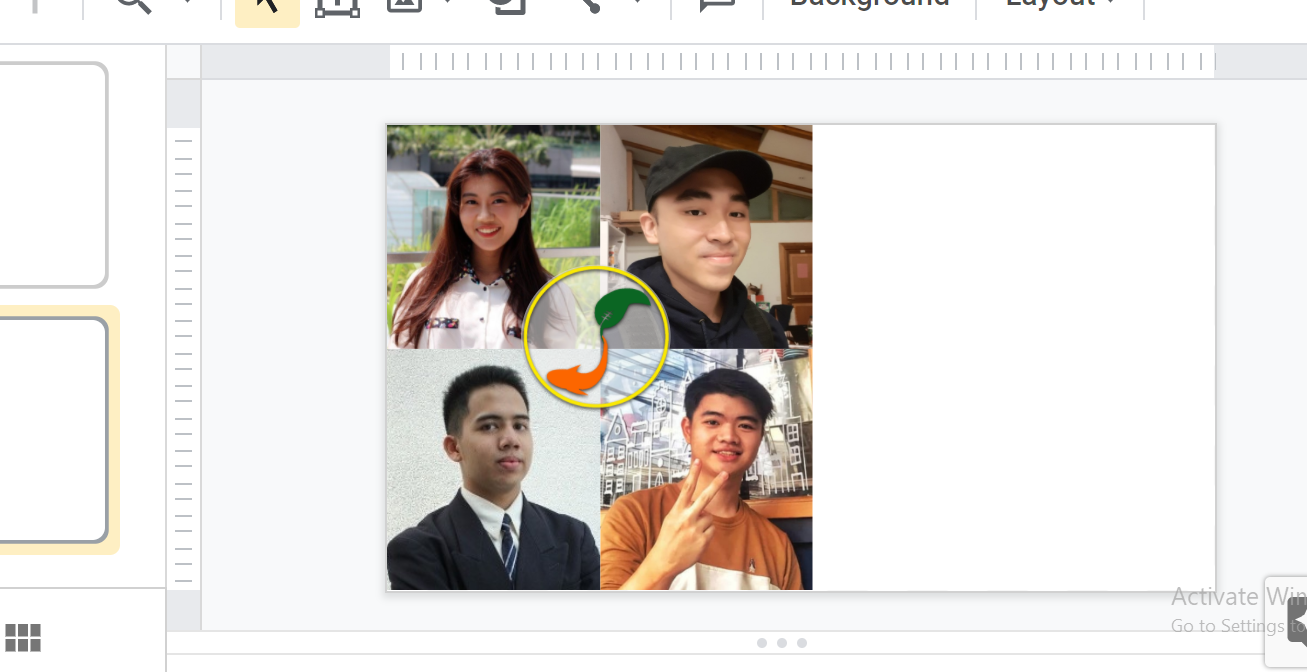Spiffeng
PUBLIC
Singapore, Nanyang Technological University
Members

Edward Hadi Widjaja
ADMIN
Singapore

Daris Dzakwan Hoesien
ADMIN
Singapore

Jovan Hermawan
ADMIN
Singapore
Team Gallery
No gallery images have been uploaded.
Project Overview
The Covid-19 pandemic created massive disruption in the global supply chain due to factory closure and closed borders. This has a tremendous impact on food security in countries like Singapore, where 90% of our food supply is imported, making us very vulnerable. Added with wide-scale panic buying, this created a short supply of basic foods common fresh vegetables and fruits during the height of the pandemic.
The severe disruption in global supply chains due to the onset of Covid-19 was the impetus for the founding of Spiffeng. 3 of our 4 co-founders reside in land and resource scarce Singapore, where around 90% of the country’s food supply is imported. During the peak of Covid-19, when factories were shut down and countries closed their borders, vulnerabilities in Singapore’s previous strategy to import food from over 170 countries was exposed. Originally, this was thought to help reduce over-reliance on any one food source and increase Singapore's food security. But that was not the case.
Many locals found that fresh vegetables and fruits that were originally readily available at supermarkets were suddenly in short supply, and rows of empty shelves greeted consumers for weeks on end.
It wasn’t just a mere inconvenience, but for one of our members who suffer from severe food allergies, being unable to access the foods that have been tried and tested, and deemed “safe” was a scary prospect.
The fragility of our food supply chain was not just felt in Singapore. Even in countries that have the resources to produce their own food, transporting the food to feed the hungry was a major problem. A UN report also predicts that “hunger will be greater over the next decade than forecasted before the pandemic. By 2030, the number of undernourished people could reach as high as 909 million, compared with a pre-Covid scenario of about 841 million.” and this was despite considering the best case scenario.
Food insecurity could also stem from natural disasters. During a severe drought in 2011, nearly 260,000 people died from starvation, half of which were below 5 years old in Somalia. This situation is so dire that UNICEF estimated in 2017 that nearly 1.4 million children were in immediate danger of dying from starvation
The most common solution to this problem was to give food aid to these communities. However, this is not a long term solution.
Besides just disruptions to the supply chain, another problem that can result in serious health consequences is food fraud. The 2017 Horse Meat Scandal that shocked the world shed light on just how easy it is for fraudsters to pass off untested, possibly diseased meat as genuine meat that ends up on our supermarket shelf.
These scandals show that food transparency is highly important to give quality assurances for consumer, especially for vulnerable populations segments ie. children, pregnant women, the elderly or people with food allergies, as they might ingest chemicals or foods that cause their bodies harm.
Our targeted solution is a IOT Hydroponics vending machine, with 24/7 monitoring via multiple sensors to ensure full transparency of food safety and quality. Users can rent “boxes” to grow their plants and harvest them anytime via their phone app. This vending machine will be placed in places with high human traffic like shopping malls, car parks, residential areas, or places that are very easily accessible.
Not only does this allow the customer to choose the type of vegetables they want to grow from our range of healthy, nutritional plant seeds when they want to, but it also ensures that there is minimal food wastage from selling perishable goods, since the right amount of plants are only harvested when users are going to eat them.
The key differentiating factor of our product range is quality and innovation. We offer a specialised selection of plants based on what offers the highest nutritional output per input energy offered to make the most efficient use of energy.
Our unique plants are highly nutritious and have little biomass. Small biomass means we use significantly less fertilisers, water and reduce the output of organic waste and the costs of treating this waste. In addition, these varieties also have higher resistance to pests hence pesticides and excessive fertiliser use are unnecessary.
We have an ambitious 4-stage Expansion plan.The first is where we are currently at, which completing our IOT Hydroponics prototype, and refining our technology. The next stage is to optimise yield, and then we want to improve our maintenance management, and focus on larger scale sustainable farming practices. The last stage is to focus on big data and eventually be the go-to consultant in the Agritech sector.
We have key sponsors and potential investors of our project, including Green Valley Farm in Singapore, and Max Indonesia who are supporting us on the building and improving of our prototype.
Please follow us on Instagram @Spiffeng for future updates!
About Team
Spiffeng is bourne out of our passion to do social good.
We are a multi-disciplinary team, with complementary skill-sets in Indoor Farming, Quality Control, Machine Learning, Data Analytics and Entrepreneurship.
Our founders are based in Singapore, Germany and Indonesia, and we have plans in place to kick off our project in Singapore, and then subsequently expanding worldwide. We have various experiences both working in and founding startups based in different countries like London, Belgium, Germany and Singapore .
Ting Feng (April) is leading Spiffeng and a current final year Information Engineering student in Nanyang Technological University. Having been in the start-up scene for the past 6 years, April's business competence and acumen is backed by with her strong technical skills in engineering and programming gained through years of self-learning and in university. She is currently working in Railsbank, a fintech start-up based in London.
Daris is an alumni of Applied Physics of Nanyang Technological University. Daris has very strong quantitative and data analytics skillsets which he has applied in Physics and Finance projects. Daris is currently working as a Market Research Assistant and Head of Growth and Business Development in Collabdeen, a Singaporean start-up.
Jovan is a sophomore Information Engineering student in Nanyang Technological University. Jovan has been self-learning about computing and machine learning high-school. He has conducted workshops imparting machine learning skills to students and companies. Jovan has completed machine learning projects using computer vision and object detection.
Edward is an Agronomy student at Humboldt university in Germany. Edward has been in the agriculture field for many years. He was contacted by Max Indonesia to be an ambassador to promote agriculture to young people, and they have since taken a keen interest in our project. Edward has also interned with many agriculture companies including ECF Farm and BIGH farm. Edward's is our industry expert, and his expertise is in Aquaponics, Quality Control and Product Development.
Technologies we are looking to use in our projects
Energy Efficiency
Machine Learning
Power BI
App Services (Mobile & Web
Azure
Internet of Things (IoT

